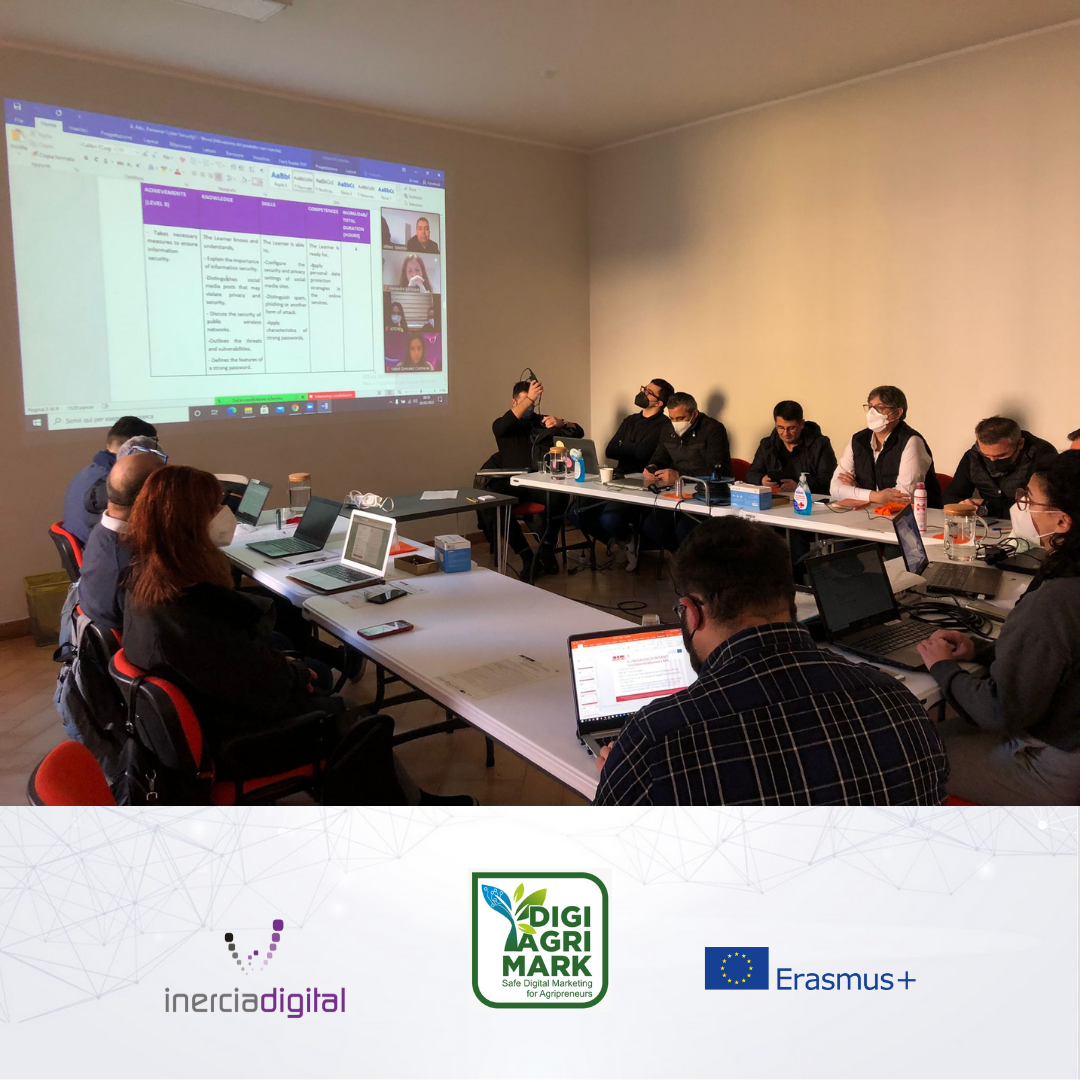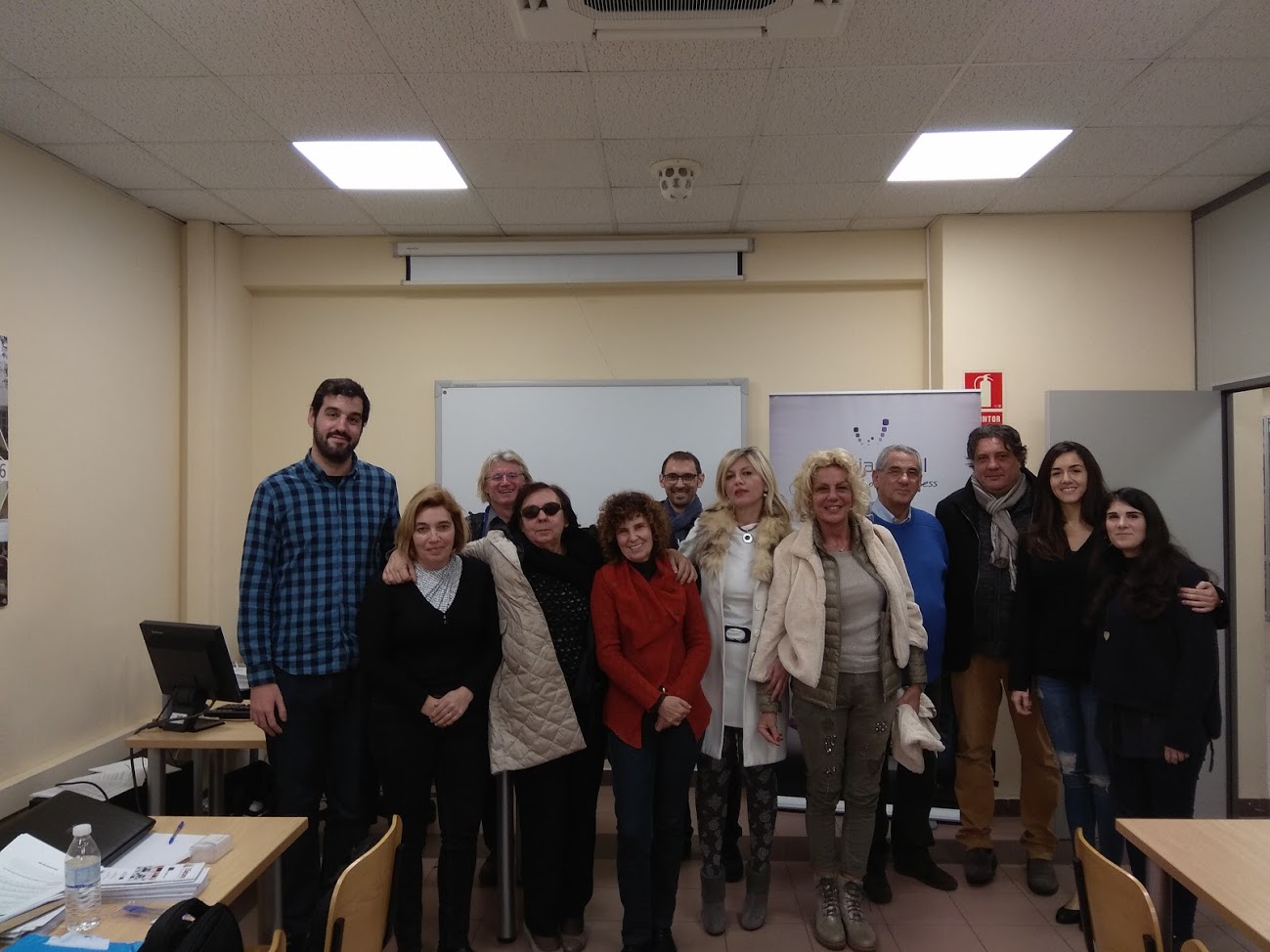Nuevas formas de aprender idiomas//New ways of learning languges
Nuevas formas de aprender idiomas
Parece ser que la importancia de saber más de un idioma está alcanzando a muchas más personas en la época actual gracias a juegos y aplicaciones. La mayor parte de ellos se centran en la adquisición de vocabulario a través de distintos juegos y ejercicios, tanto escritos como orales. Aprender idiomas ofrece muchas oportunidades, ya que permiten la interacción de personas de culturas distintas. A continuación, os muestro tres de estos juegos y aplicaciones junto a una breve descripción de lo que ofrecen, teniendo en cuenta que, en la mayor parte de ellos, la versión en inglés tiene más opciones de idiomas.
–Mi experto en … : Serie de juegos para la consola de NintendoTM. En el final del título se encuentra el idioma en el que se centra. La versión en inglés se titula My … coach. En cada una de las lecciones hay entre 10 o 20 palabras, normalmente centradas en un tema. Dentro de una lección, se hacen tres ejercicios distintos. Para poder pasar a la siguiente lección tienes que adquirir cierta maestría en cada palabra recién aprendida, para conseguir esto, tiene que hacer más ejercicios hasta conseguirlo en todas. En cada uno de estos ejercicios extras solo se va repitiendo la palabra en la que aún no se ha adquirido maestría, mientras que las demás palabras del ejercicio serán parte del vocabulario ya aprendido. De vez en cuando, una lección será principalmente de gramática, aunque también tenga vocabulario añadido. Dependiendo de qué idioma se esté aprendiendo, es probable que haya uno o dos ejercicios para aprender cómo escribirlo.
–Duolingo: En esta aplicación se van consiguiendo puntos por pregunta correcta. Se centra mucho más en vocabulario que en gramática, teniendo la parte de vocabulario dividida en distintas lecciones centradas en un tema específico. En Duolingo se aprende a base de repeticiones, tanto escritas como auditivas. Al ser como un juego, cada vez que se supera una fase recibes como recompensa unos ‘lingotes’, con los que puedes desbloquear las siguientes fases o conseguir objetos de la tienda del programa. La dificultad de los ejercicios va aumentando con el paso de cada fase superada.
–Babbel: Es muy parecido a Duolingo, ya que también se aprende a base de repeticiones y se centra en vocabulario.
New ways of learning languages
It seems that the importance of knowing more than one language is reaching more people now thanks to games and applications. The great majority is centered in the acquisition of vocabulary through different games and exercises, written and oral. Learning languages offer many opportunities, because it allows the interaction between people from different cultures. Below, there are three of this games and applications next to a small description of what they offer, knowing that in most of them you may find more languages in the English version.
–My … coach : Series of games for NintendoTM’s game console. In the part where the three points are there is written the language it is centered in. The Spanish version is called Mi experto en … . In each lesson there are in between 10 or 20 words, normally focused in a theme. In a lesson, three different exercises are done. To be able to pass to the following lesson you’ll need to acquire certain mastery of recently learned words, to achieve this, you’ll need to do more exercises until achieving all of them. In each of this exercises the only words that repeat themselves are the ones you still do not have a mastery of, while the other words that appear in the exercise are part of the already learned vocabulary. Sometimes, you may find a lesson centered in grammar, even if it also has more vocabulary on it. Depending on the language being learned, it is probable that one or two exercises are to learn how to write it.
–Duolingo: In this application you earn points for each right answer. It is more centered in the acquisition of vocabulary than in grammar, having the vocabulary divided in different lessons that focuses in a specific theme. Here, learning is based in repetitions, by writing and hearing. Being like a game, each time a phase is passed, you receive ‘lingots’ and with them you can unfreeze he following phases or get objects from the app’s shop. The exercises get more complicated the more phases you pass.
–Babbel: It is quite similar to Duolingo, because it is also centered in learning through repetitions and focuses on vocabulary.





1 respuesta
[…] más información sobre maneras creativas de aprender un idioma visita esta post. […]